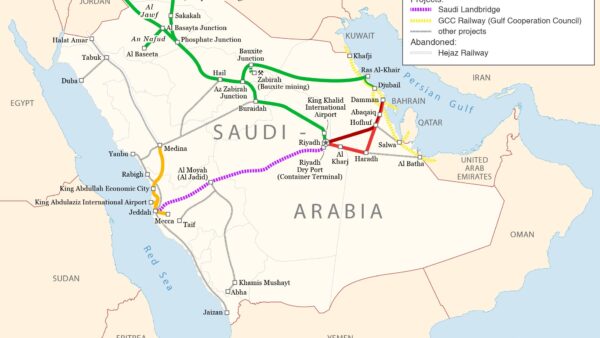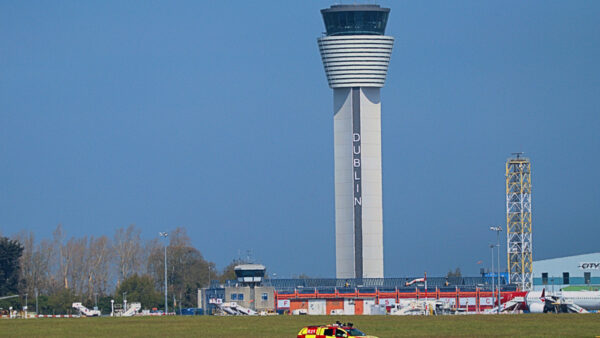Uganda will ask China for the $8bn loan it needs to build its modern railway network as it prepares to start producing millions of barrels of oil.
The inland African country has already signed an agreement with a Chinese company to build the railway – estimated to cost $8bn – and believes the only affordable source of finance will be China.
“This is a huge project and we’ll need cheap money and I don’t think we can get it from anywhere else,” Keith Muhakanizi, permanent secretary, ministry of finance, told Reuters news agency last week.
“We hope China will agree to fund the railway project … negotiations will start soon.”
Uganda signed a memorandum of understanding with China Harbour Engineering Corporation (CHEC) in late August to start a feasibility study on the new project. Earlier, the government cancelled a previous agreement with another Chinese company, China Civil Engineering Construction Corporation (CCECC).
Hydrocarbon deposits were discovered near Uganda’s border with the Democratic Republic of Congo in 2006. Last month new estimates of the amount of hydrocarbons under the ground nearly doubled, from 3.5 billion barrels to 6.5 billion barrels – although the amount now considered recoverable is only 1.4 billion barrels.
East African leaders and China signed agreements in May related to the construction of a new multi-billion dollar, standard gauge railway network fanning out from the Kenyan port of Mombasa to neighbouring states including Uganda.
Uganda hopes to start pumping its crude in 2017, but needs railways to support full-scale production. Years of neglect have left Uganda’s colonial-era railway in a state of dilapidation.
Reuters reports that Uganda hopes China can fund its part of the East African network from its border with Kenya to its capital Kampala, and also north to the border with South Sudan, and east to the oil regions.
Uganda has said it wants China to take up and finance all major infrastructure projects in the country and that it would pay later with oil money.
Photograph: Corn grows on an abandoned rail track at Gulu, Uganda in 2010 (US Army Africa/Wikimedia Commons)






